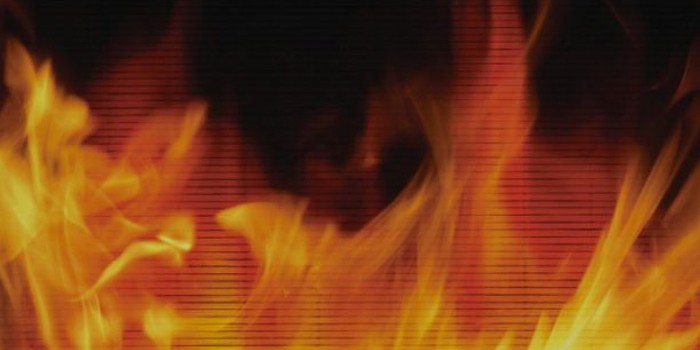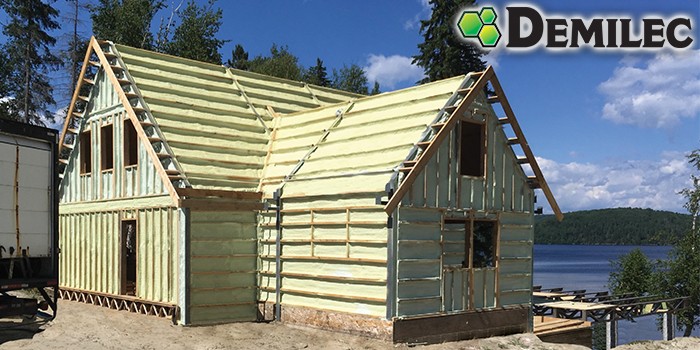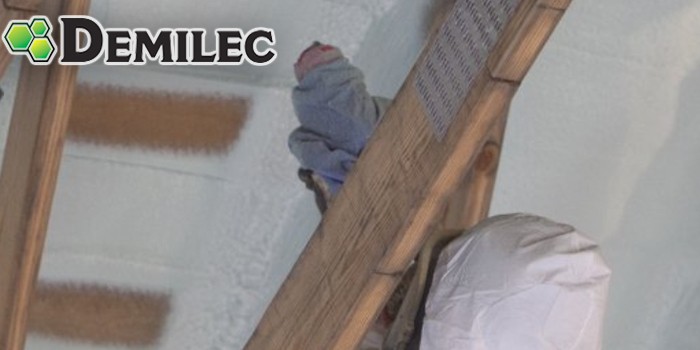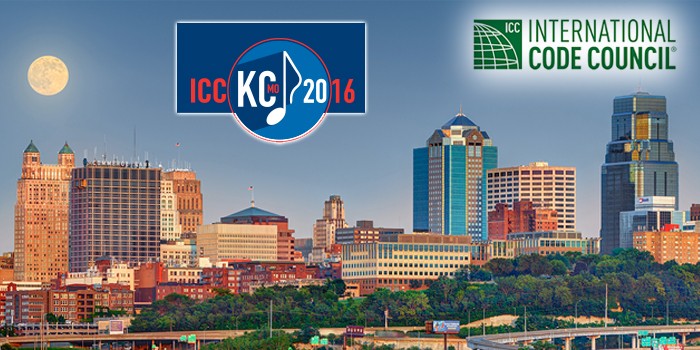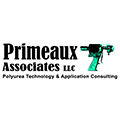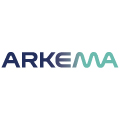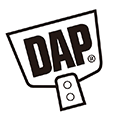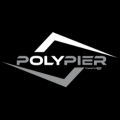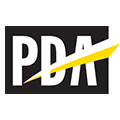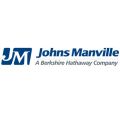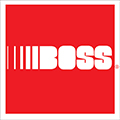Energy Efficient Foam Coalition Opposes Building Code Proposals That Would Side-Step Fire Safety Test
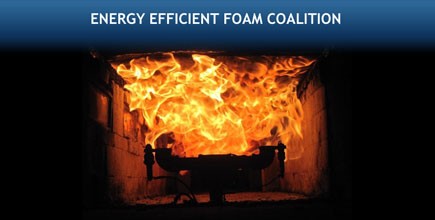
WASHINGTON, D.C.–April 19, 2013–The newly formed Energy Efficient Foam Coalition (EEFC) today announced its opposition to two building code proposals that would side-step the current code requirement for a long-standing fire safety test known as the E-84 Steiner Tunnel Test. These proposals would allow the use of foam insulation that relies on a thermal barrier as the only means of defense in establishing fire safety in a majority of building applications.
The Coalition believes that the use of flame retardants in foam insulation is essential to protect occupants and workers from fire-related death and injury, and owners and occupants from property loss. Side-stepping the Steiner Tunnel Test would effectively permit the use of non-flame retardant-treated foam insulation in residential applications.
"We have more than 35 years of real-world evidence that the current fire testing requirements in the International Residential Code (IRC) for foam insulation are indispensable," said Coalition spokesman Leonard Greenberger. "Existing building code fire safety provisions are based on years of careful analysis, extensive testing and a robust development process, yet the proposals pending before next week's International Code Council's Committee Action Hearings are based largely on a single, flawed report. The Coalition urges the IRC Building Committee to reject these proposals."
The new Coalition, which is part of the American Chemistry Council, was established to educate the building community on the benefits of foam insulation as a sustainable building material that can significantly reduce a building's energy use and help control indoor temperature. It not only helps to reduce a building's energy costs, but also helps meet high consumer expectations about building performance and comfort. The Coalition's current members are:
- Center for the Polyurethanes Industry
- EPS Industry Alliance
- Extruded Polystyrene Foam Association
- Polyisocyanurate Insulation Manufacturers Association
- Spray Polyurethane Foam Alliance
About The Energy Efficient Foam Coalition: The EEFC's mission is to promote the benefits of foam insulation products and to provide factual information that brings a credible, science-based perspective to discussions surrounding the use of flame retardants in rigid and spray foam insulation. To learn more about the Coalition, please visit its website at www.foaminsulationcoalition.org.
About The American Chemistry Council: The ACC represents the leading companies engaged in the business of chemistry. ACC members apply the science of chemistry to make innovative products and services that make people's lives better, healthier and safer. ACC is committed to improved environmental, health and safety performance through Responsible Care®, common sense advocacy designed to address major public policy issues, and health and environmental research and product testing. The business of chemistry is a $760 billion enterprise and a key element of the nation's economy. It is the largest exporting sector in the U.S., accounting for 12 percent of U.S. exports. Chemistry companies are among the largest investors in research and development. Safety and security have always been primary concerns of ACC members, and they have intensified their efforts, working closely with government agencies to improve security and to defend against any threat to the nation's critical infrastructure.
Disqus website name not provided.






